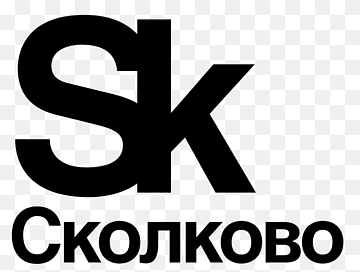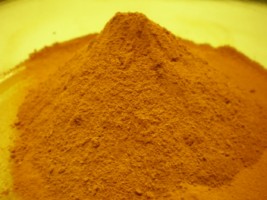Materials
We develop technologies of milling of various materials including: components of antifriction compositions; ceramics: oxides, carbides, nitrides; metals; composite materials having metallic or ceramic matrix; hard metals components; solid wastes. We perform milling of almost all materials. Nevertheless there are some exceptions. They are polymers along with toxic and explosive materials. The former possess excessive plasticity while the latter are too hazardous to deal with. For instance during FP6 "Activation" project we investigated milling of the following materials: WC - tungsten carbide; Al2O3 – aluminium oxide; SiC – silicon carbide; andalusite;
Сплав Al сплав Al - AA 6061 + Al2O3 AA 6061 + NiTi We also have experience of milling the following materials: hydrargillite (gibbsite) Al(OH)3 bauxites; boron carbide; schungite; silica.
The impact of mechanical activation reveals itself in the following effects: • sintering enhancement, decrease of the sintering temperature of powders; • increase of the reactivity in the solid state; • increase in solubility and dissolution rate; • activation of ores/concentrates for hydrometallurgy and pyrometallurgy; • increase in catalityc activity. Milling in the high energy density planetary mills can be used in the following processes: • catalysts recycling (restoring of the catalytic activity); • nano-particles deagglomeration; • milling of pigments; • milling and activation of phosphorites for fertilizers production; • activation of cements and filling materials (ashes, bottom ashes) as well as dry mixes. |

Active-nano (Andrey V. Petrov)


